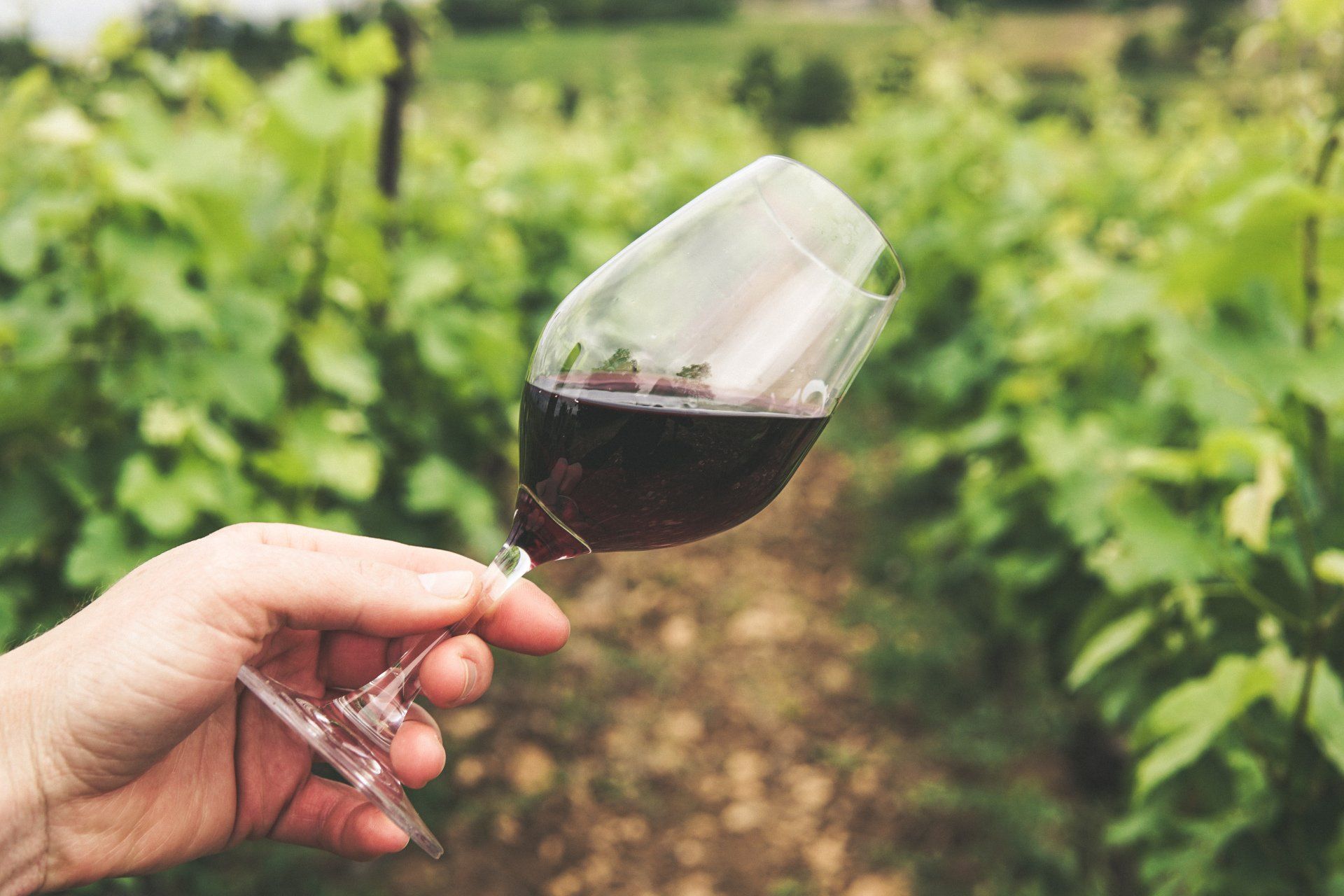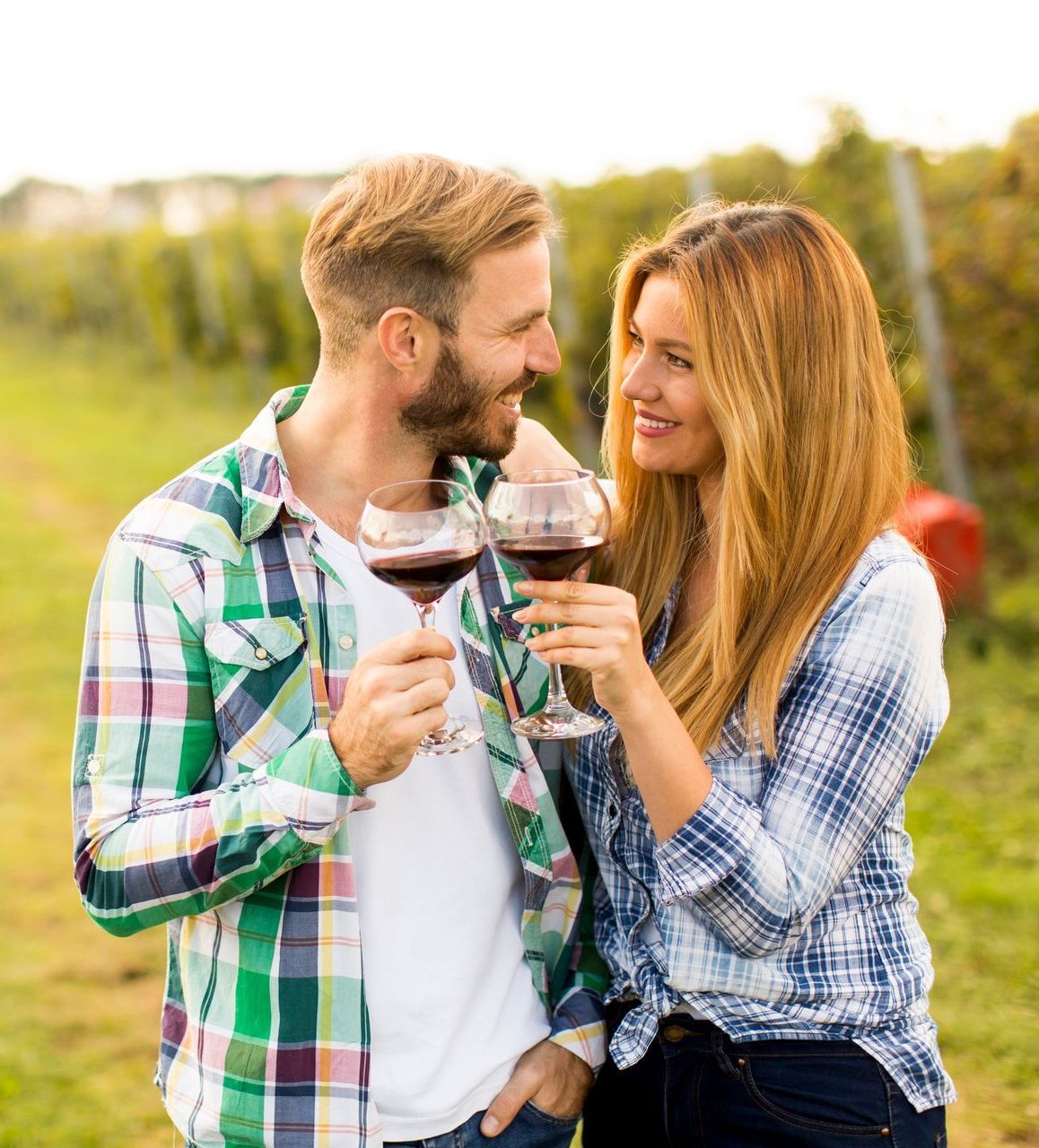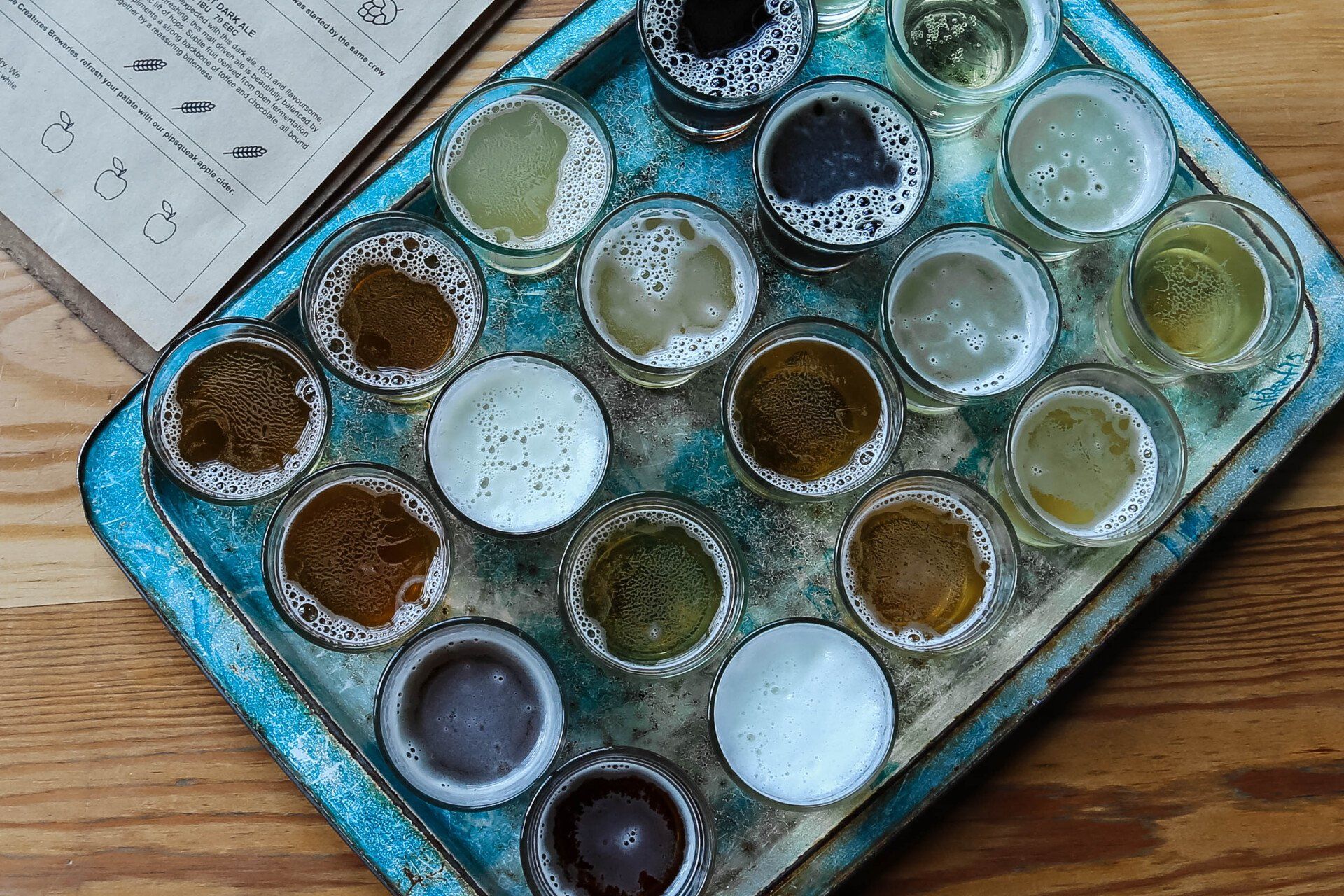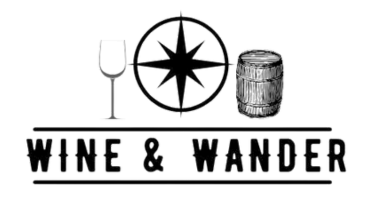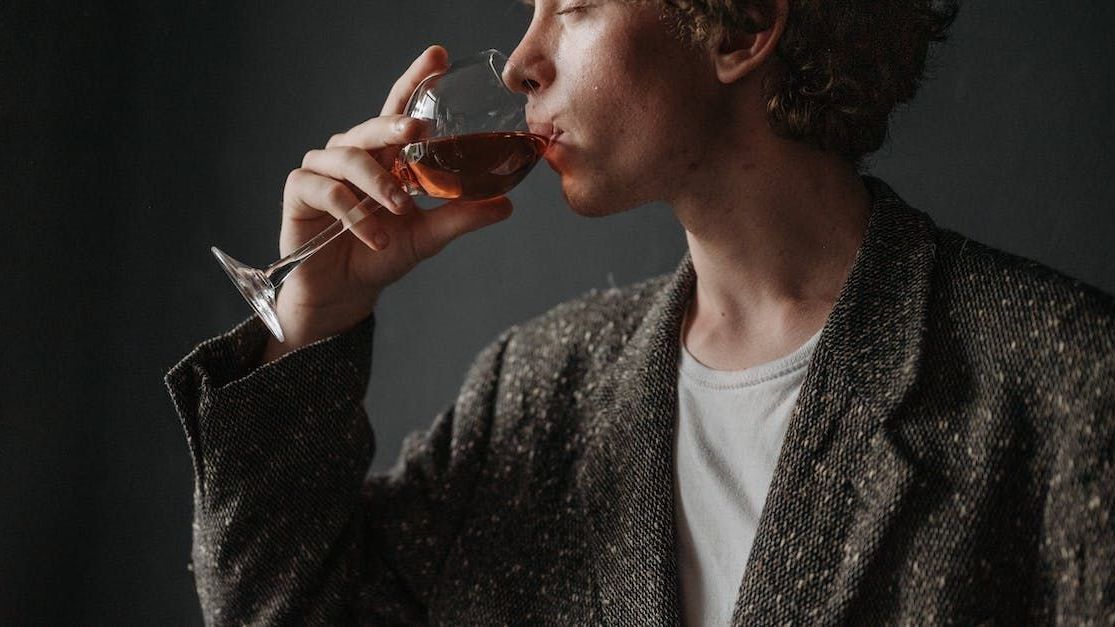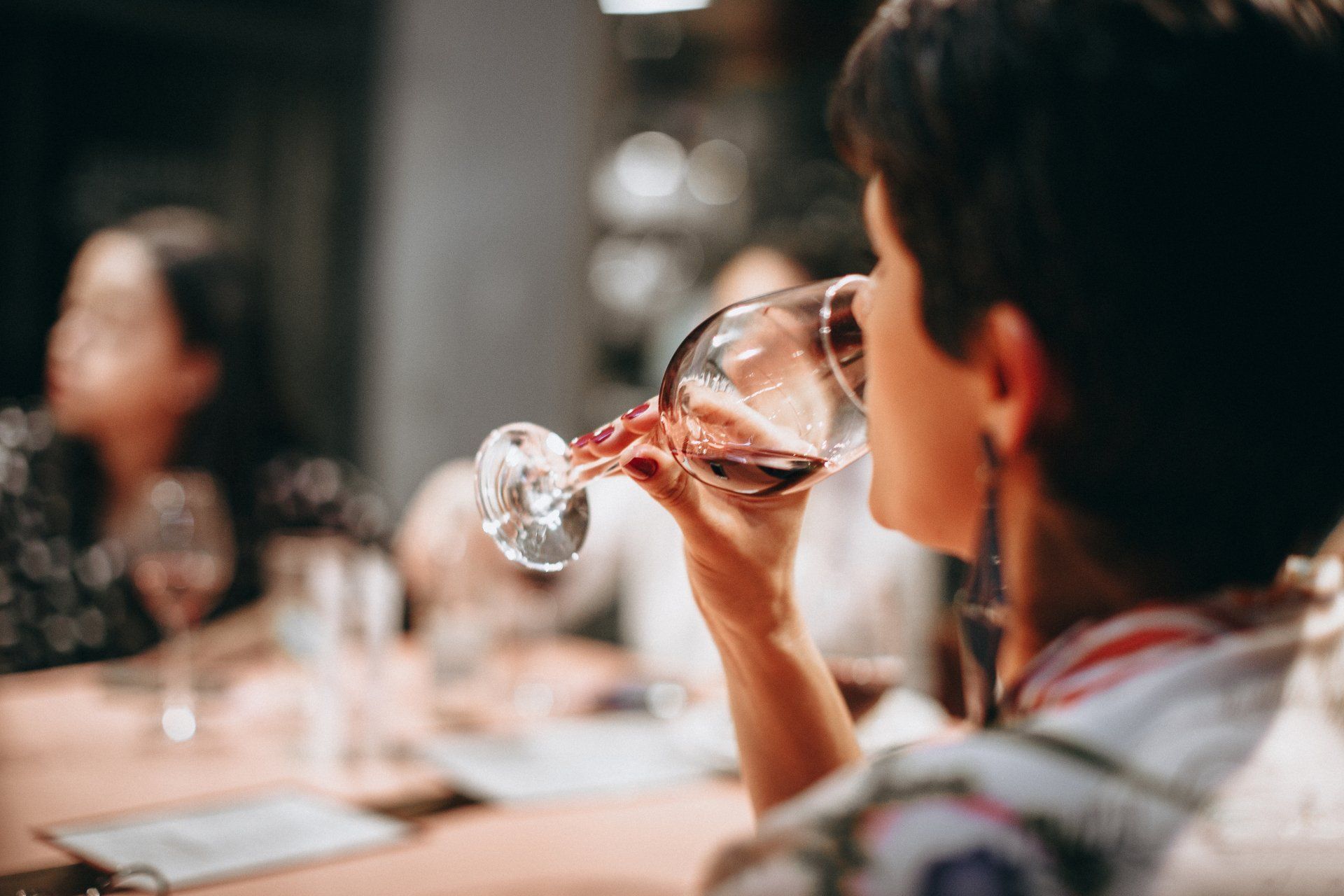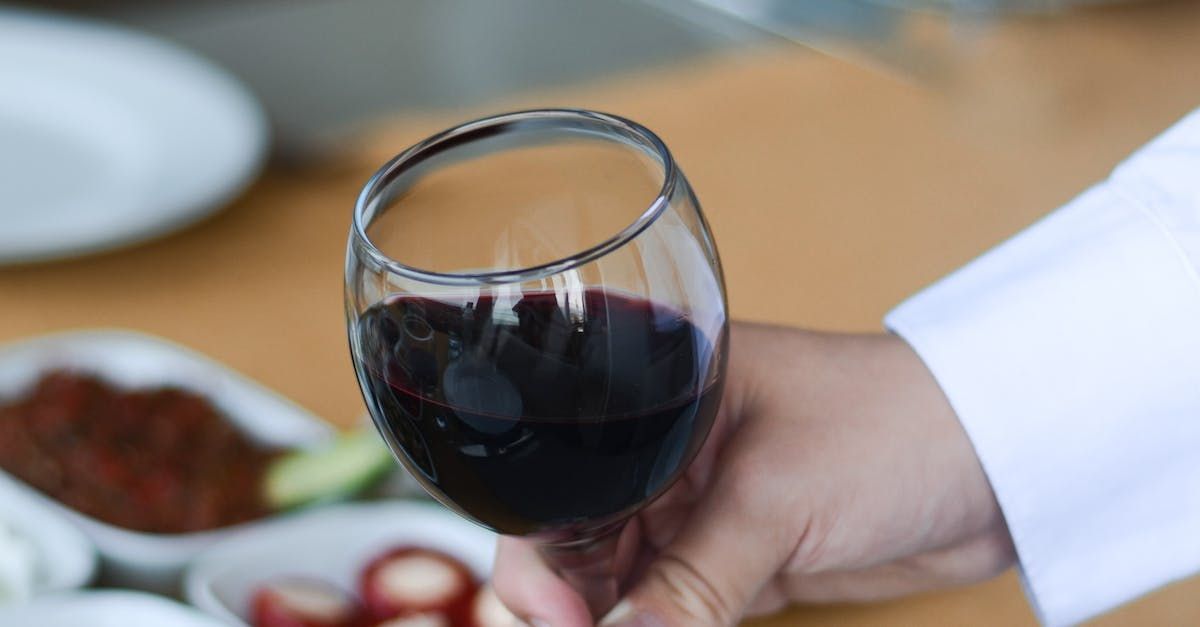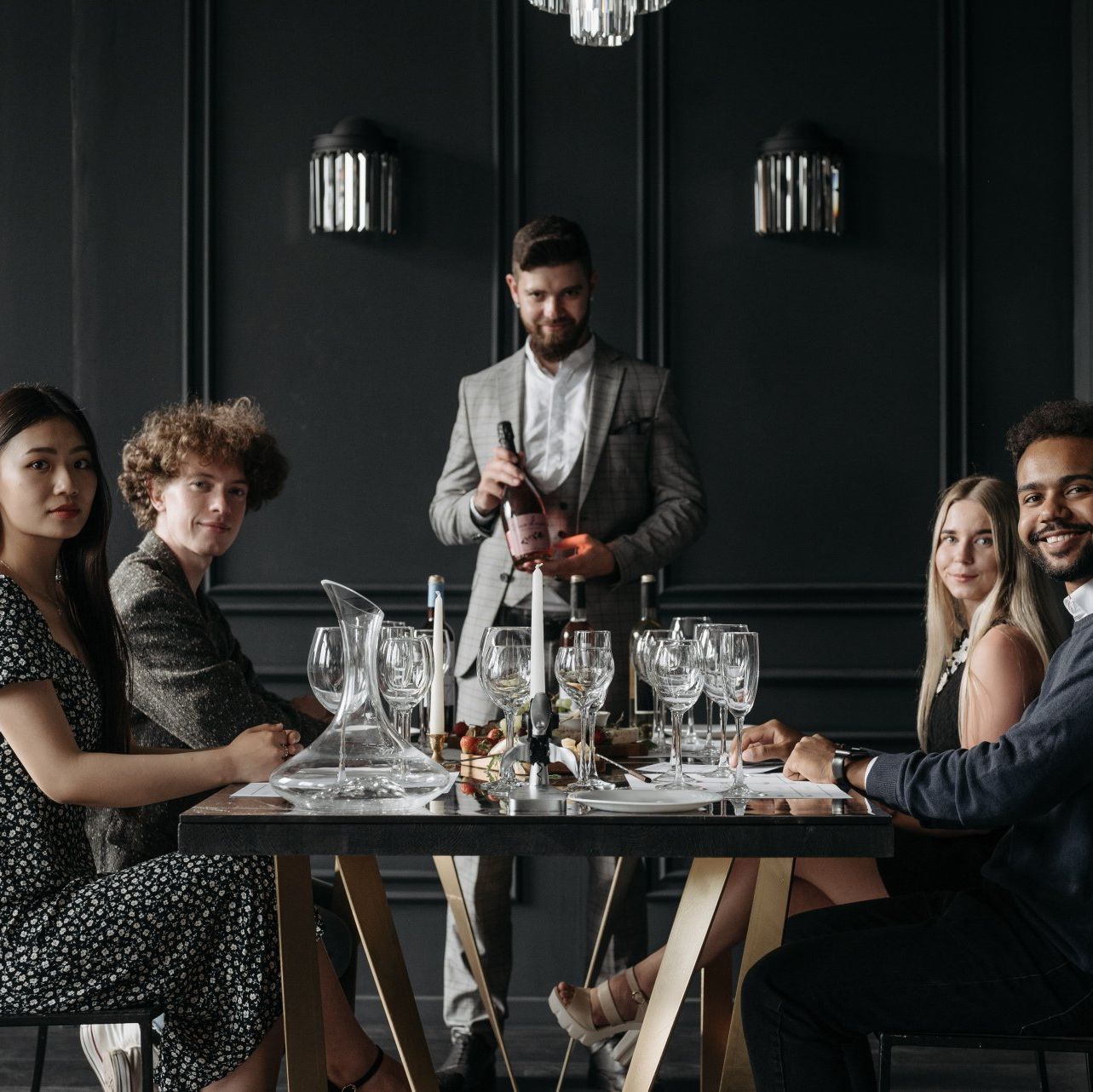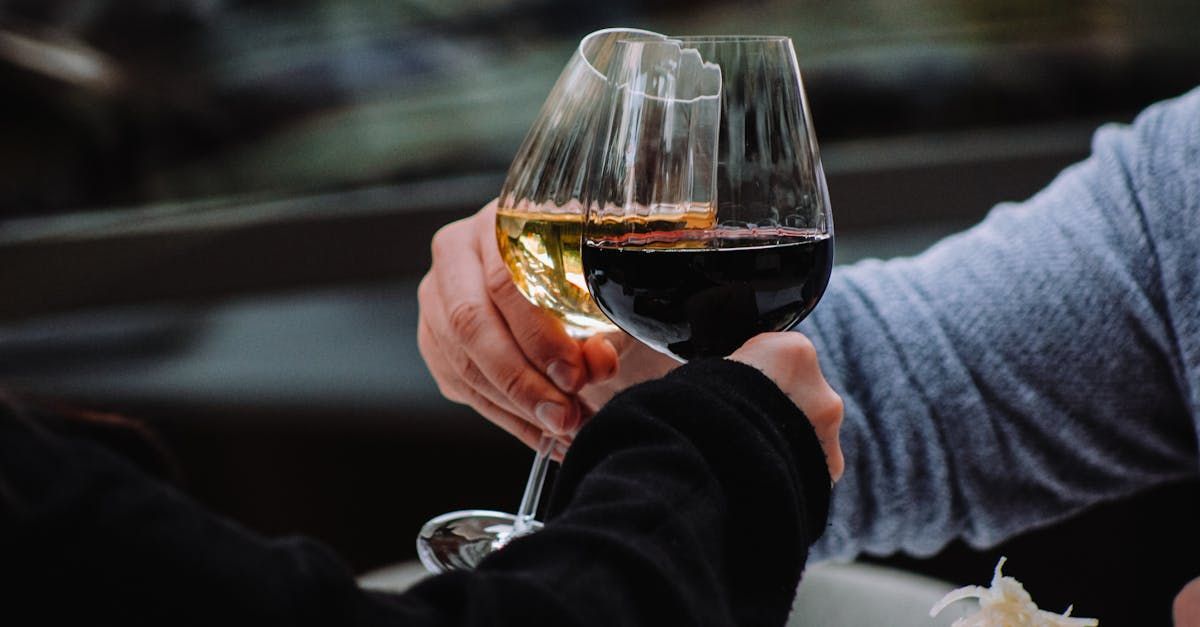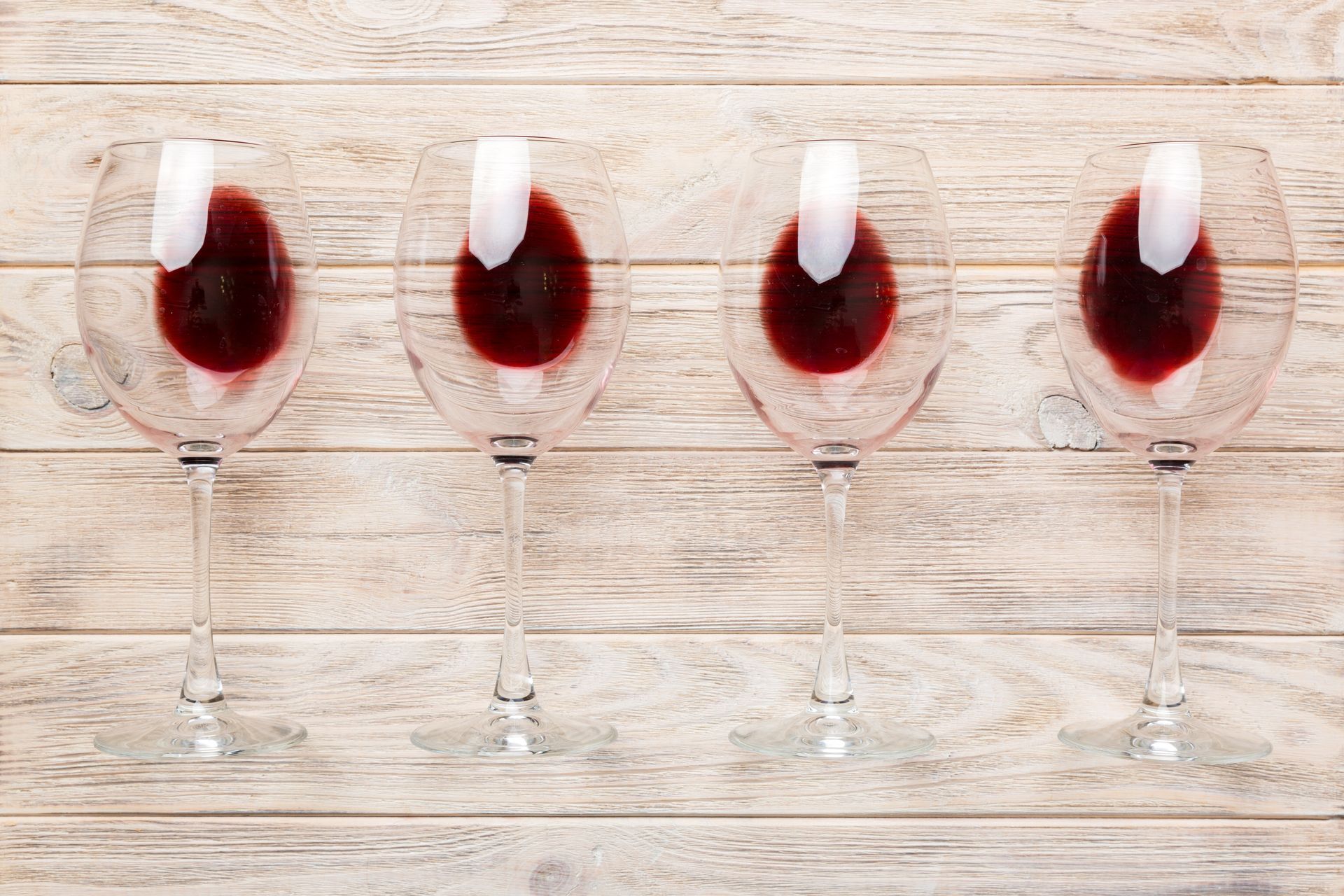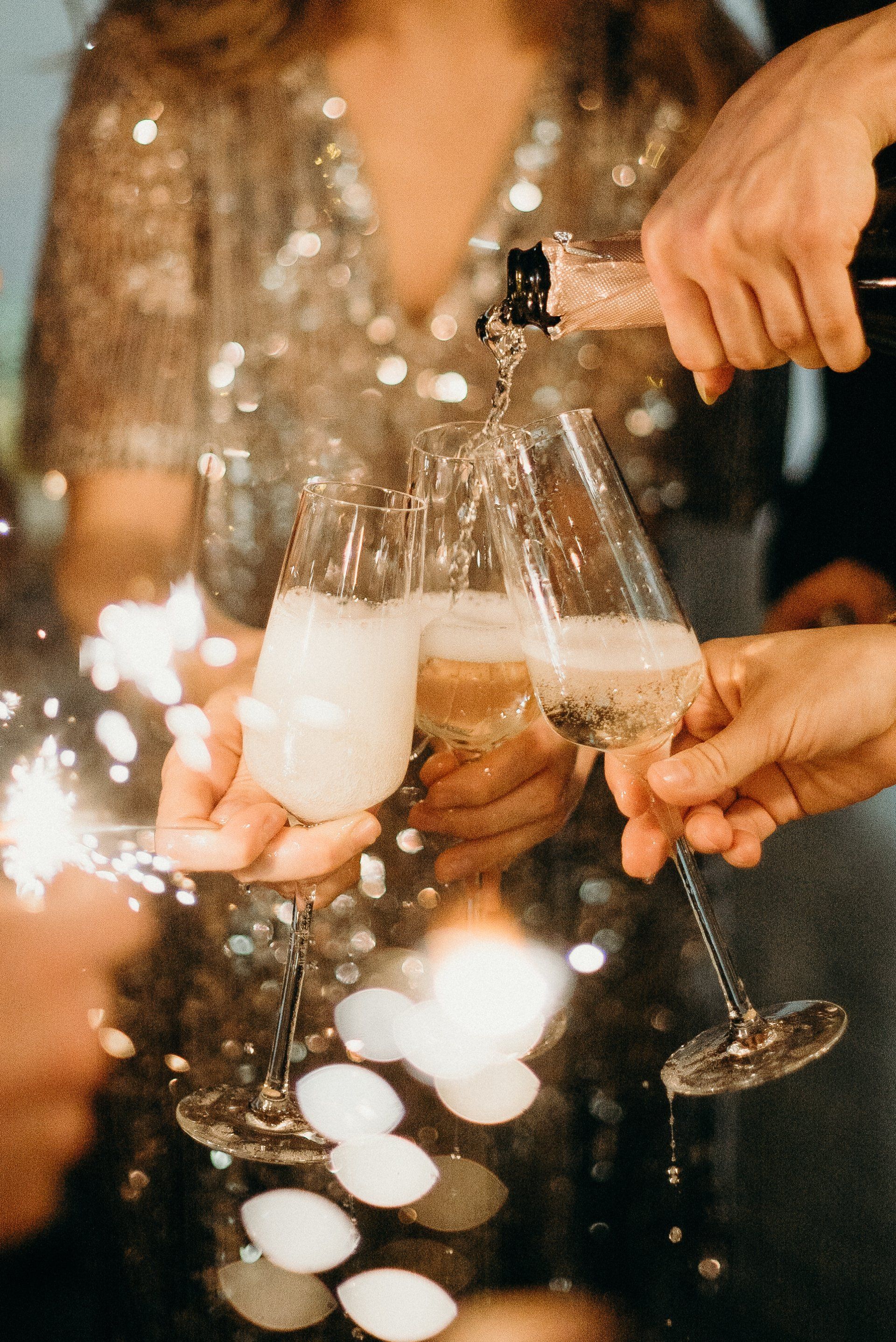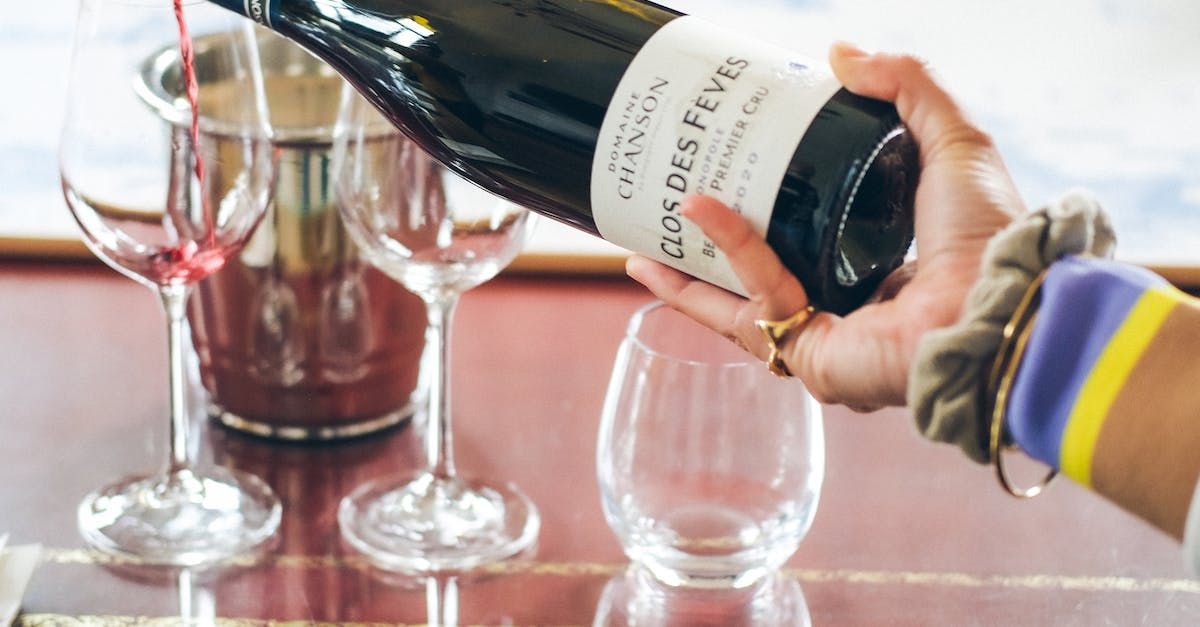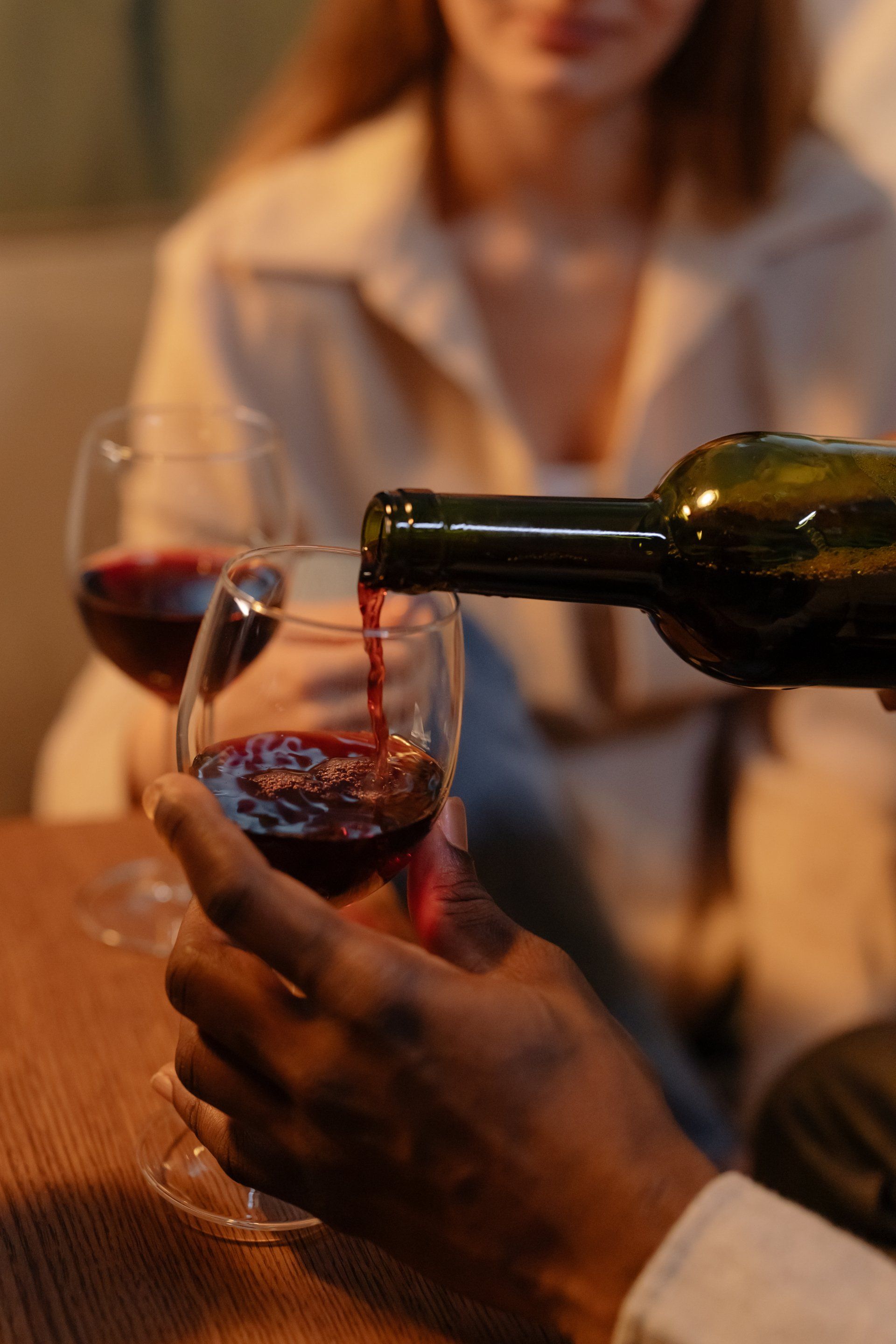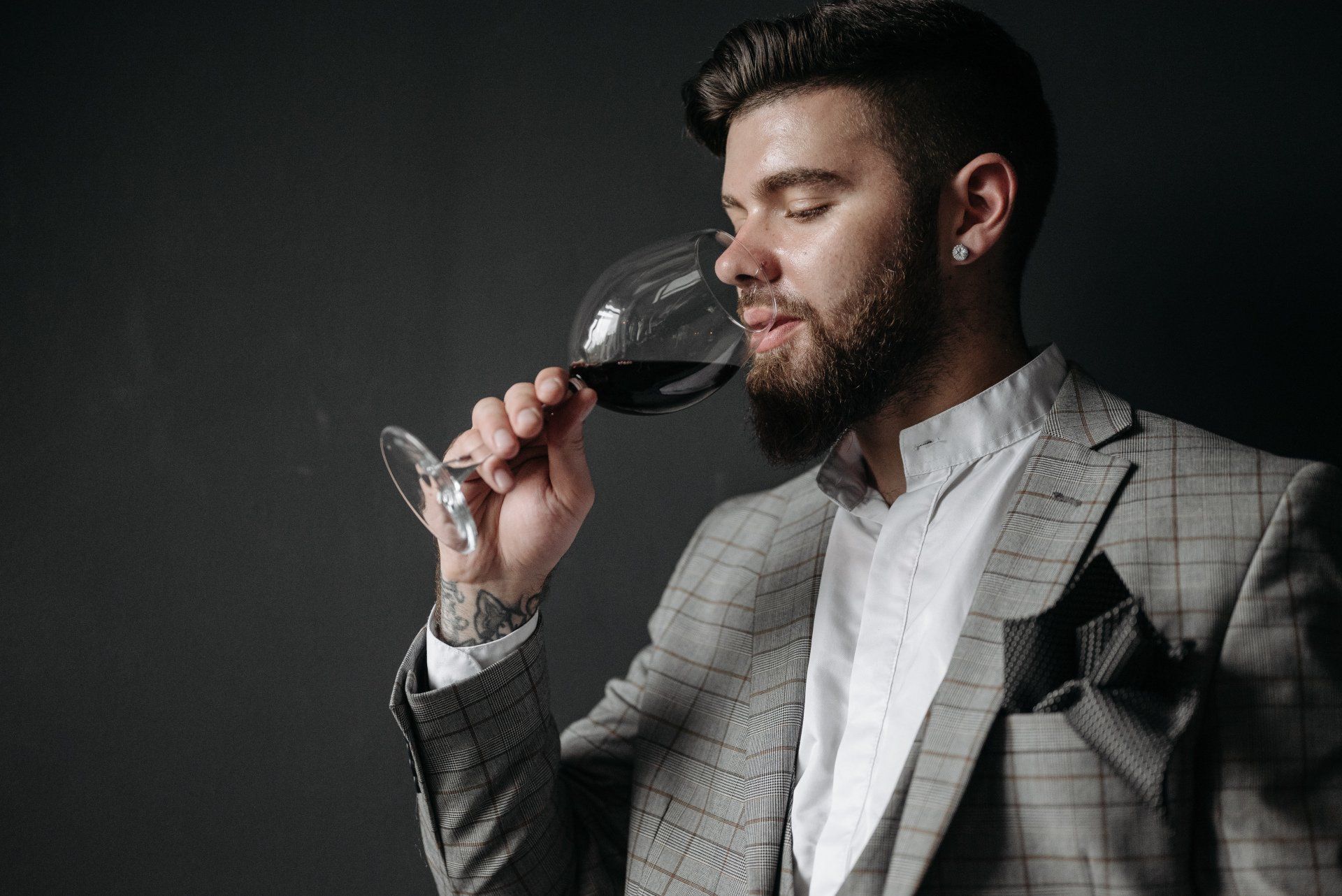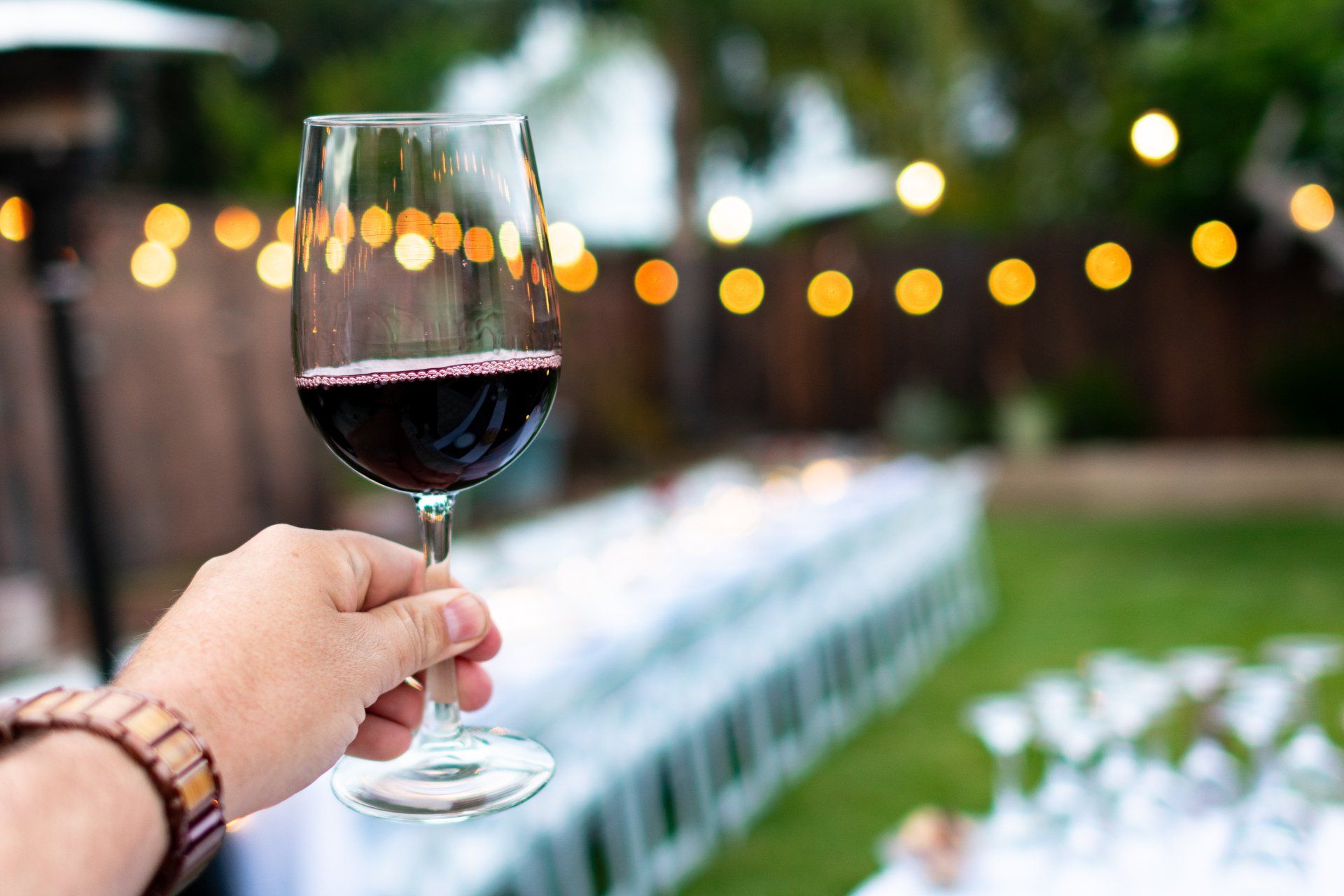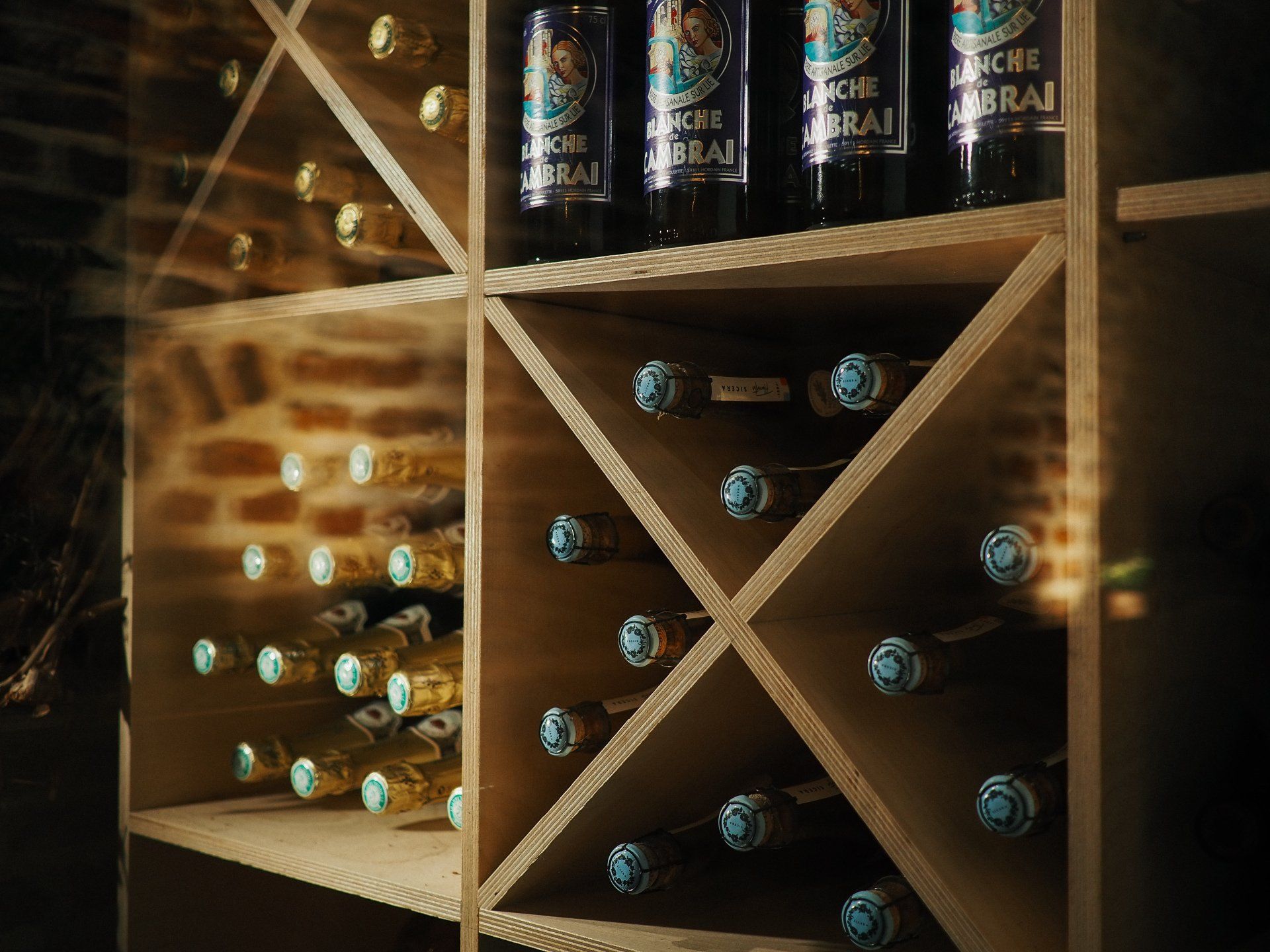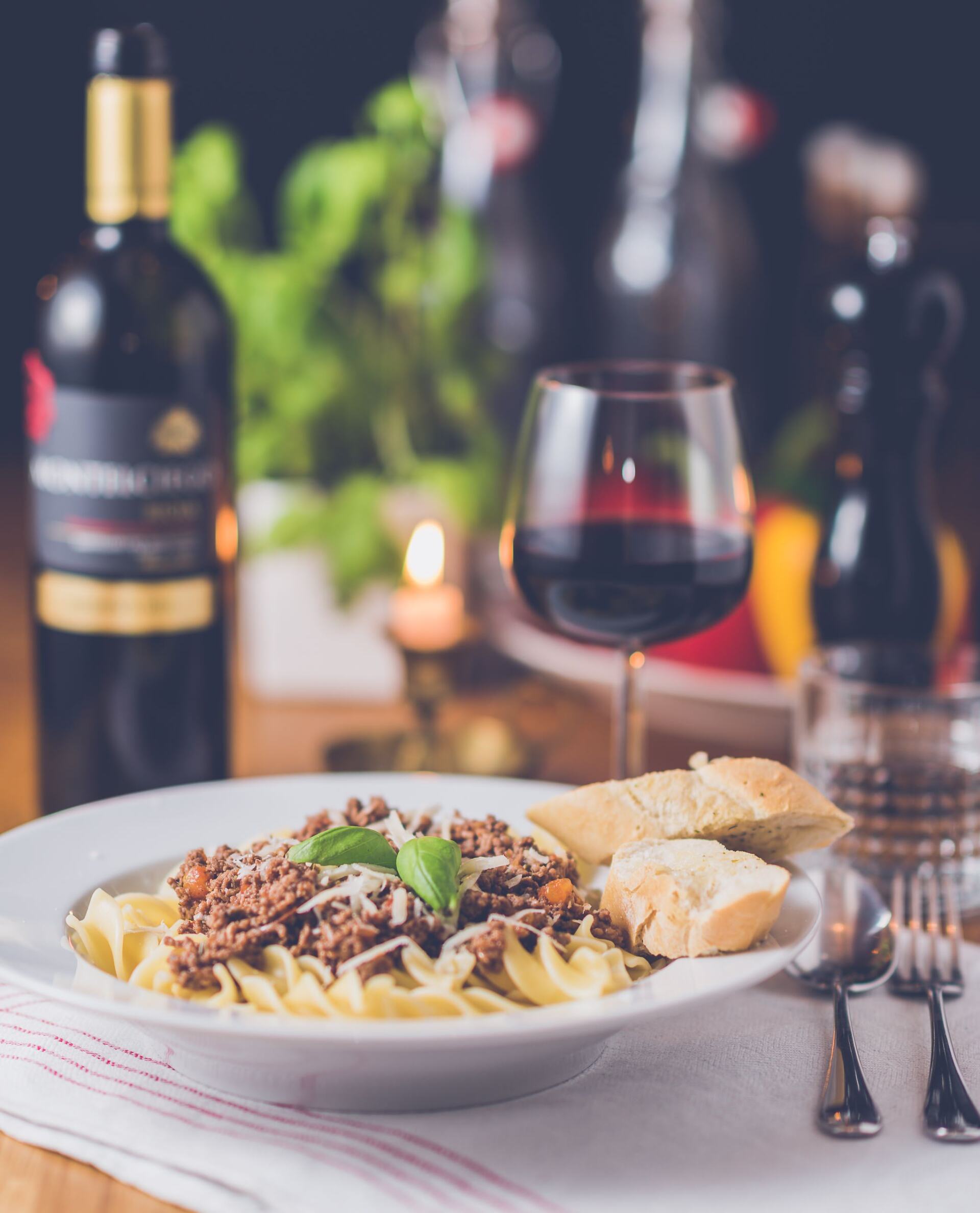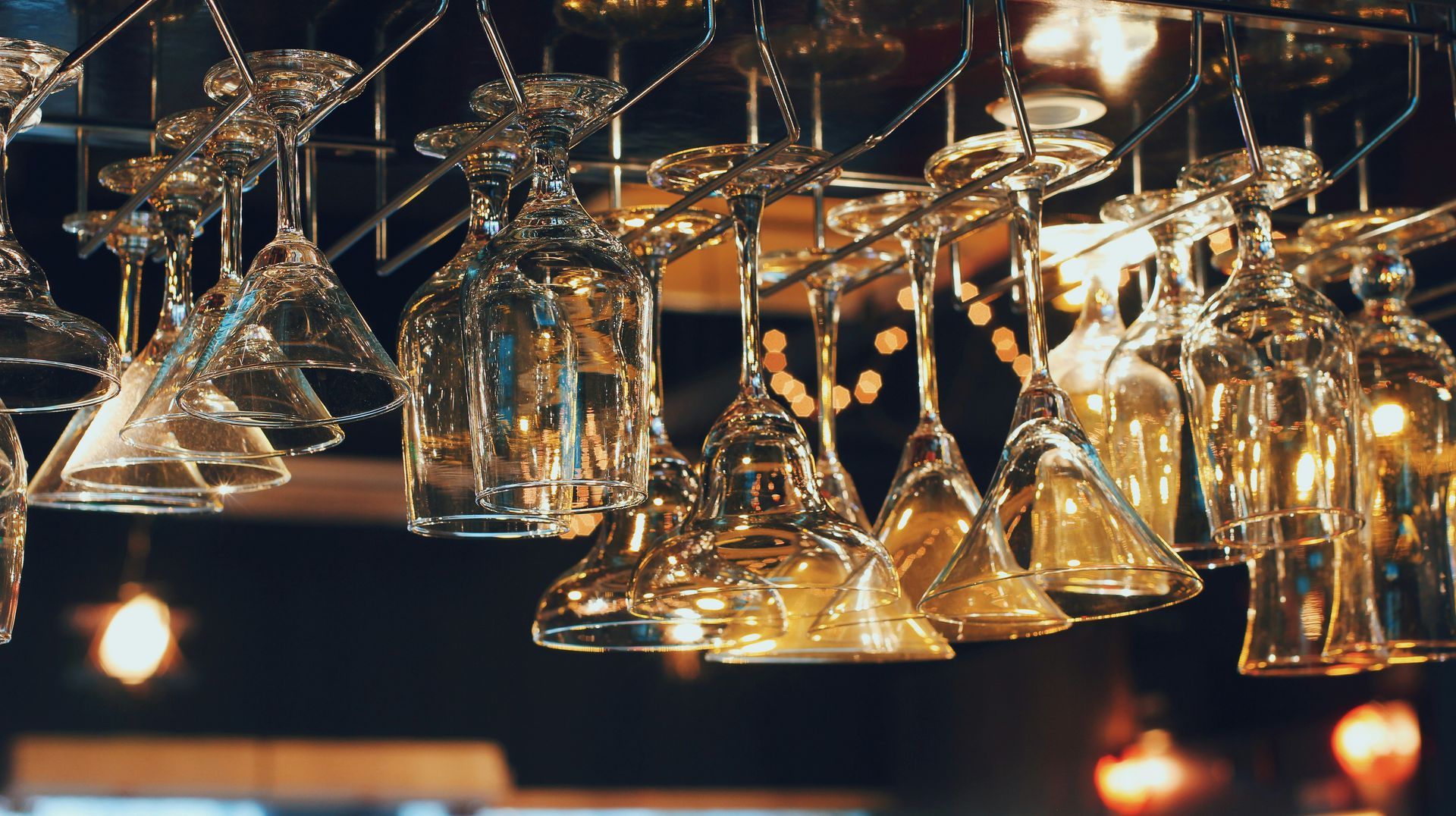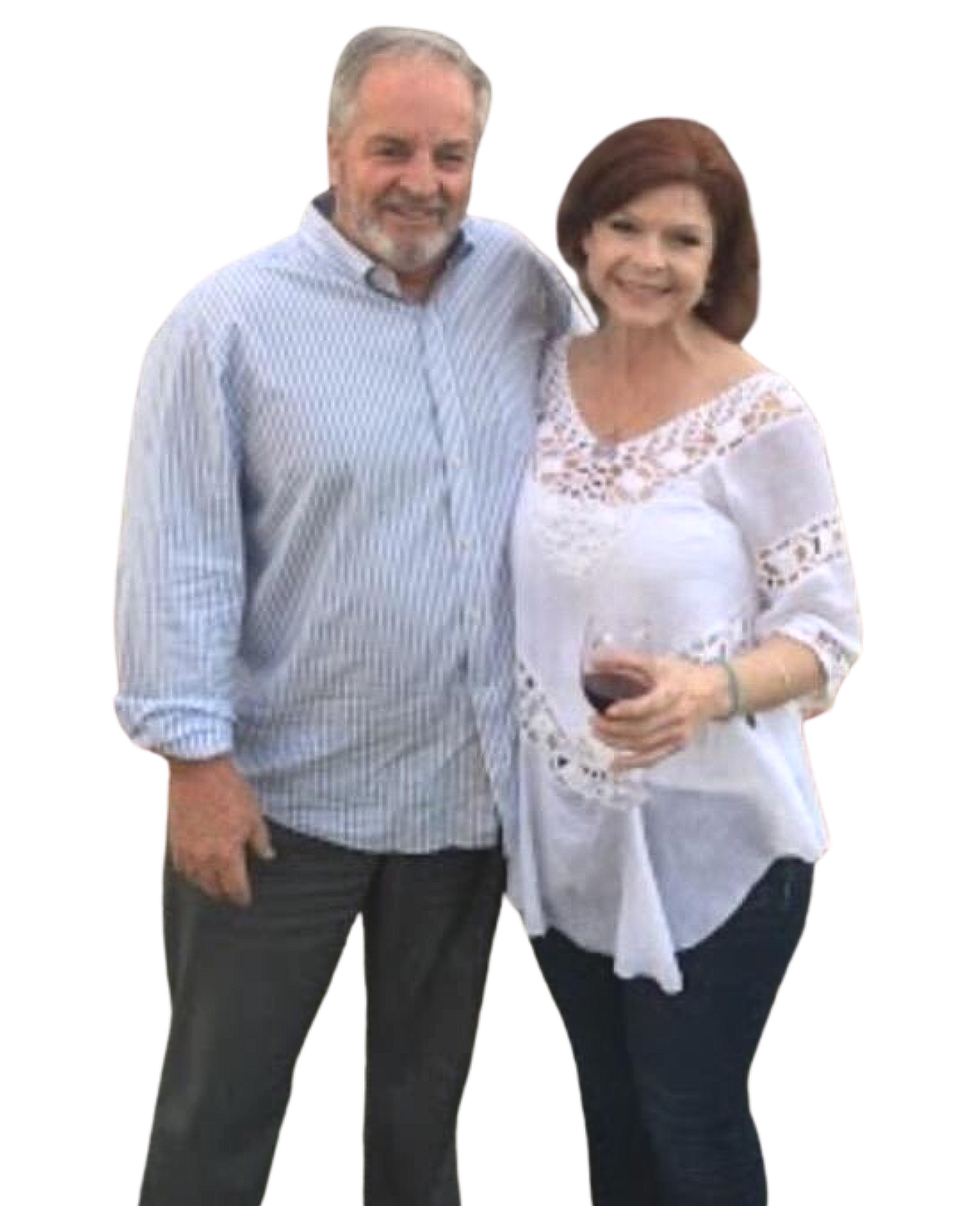So, you've dabbled in the world of wine tasting and now you're ready to take your skills to the next level. It's time to unlock the secrets of wine tasting mastery and develop your techniques like a true connoisseur. But where do you begin? How do you go from simply sipping wine to truly experiencing and appreciating its complexities? Well, my friend, get ready to embark on a journey of discovery as we explore the fascinating world of wine tasting and delve into the art of developing your skills and techniques.
Enhancing Your Sense of Smell for Wine Tasting
Enhance your wine tasting experience by honing your sense of smell. A well-developed sense of smell is crucial for detecting the subtle aromas and nuances in wines. Here are four ways to enhance your sense of smell and become a master wine taster:
1. Practice smelling different scents: Take time to smell various fruits, flowers, spices, and herbs. Pay attention to their distinct aromas and try to identify them. This exercise will help you become more familiar with different scent profiles and train your olfactory senses.
2. Use scent jars: Invest in a set of scent jars that contain common aromas found in wines, such as vanilla, blackberry, or oak. Practice smelling these scents and try to identify them without looking at the labels. This exercise will sharpen your ability to detect specific aromas in wine.
3. Engage in mindful smelling: Before tasting a wine, take a moment to swirl it in the glass and inhale deeply. Close your eyes and focus solely on the aromas. Try to identify different scents and note their intensity and complexity. This mindful smelling technique will enhance your sensory perception and help you appreciate the wine more fully.
4. Experiment with food pairings: Pairing wine with food can enhance the overall tasting experience. When enjoying a glass of wine, try to identify the aromas and flavors that complement or contrast with the food. This exercise will train your nose to detect subtle nuances and improve your ability to assess wine quality.
Mastering the Art of Wine Tasting Descriptors
Developing a Discerning Palate for Wine Tasting
As you sharpen your senses and refine your taste buds, a world of exquisite flavors and subtle nuances awaits you in the realm of wine tasting. Developing a discerning palate is an essential skill for any wine enthusiast. Here are four tips to help you enhance your ability to taste and appreciate wine:
1. Practice mindfulness: Take the time to fully engage with each sip of wine. Notice the color, clarity, and viscosity of the wine in your glass. As you bring the glass to your nose, inhale deeply and pay attention to the aromas. Then, take a small sip and allow the wine to coat your palate. Notice the different flavors and textures that emerge.
2. Expand your vocabulary: Wine tasting descriptors can be complex, but developing a diverse vocabulary will help you articulate your impressions more accurately. Experiment with different words and phrases to describe the wines you taste. Keep a wine journal and write down your observations to help you remember and refine your descriptions.
3. Compare and contrast: To develop your palate, try tasting wines side by side. Choose wines from different regions, grape varieties, or vintages. By comparing and contrasting their characteristics, you will train your palate to recognize subtle differences and develop a deeper understanding of wine.
4. Seek guidance: Attend wine tastings, visit wineries, and talk to knowledgeable sommeliers. Engage in conversations with other wine enthusiasts and learn from their experiences. Seeking guidance from experts and learning from different perspectives will help you broaden your tasting skills and deepen your appreciation for wine.
Exploring Advanced Wine Tasting Techniques
To truly elevate your wine tasting skills and delve deeper into the world of oenology, it is essential to explore advanced techniques that will further refine your discerning palate and unlock a whole new level of appreciation for the complexities of wine. These techniques will not only enhance your ability to identify different flavors and aromas but also provide you with a deeper understanding of the wine's origin, production methods, and aging potential.
One advanced technique to consider is blind tasting. By removing visual cues, you are forced to rely solely on your senses of smell and taste. This technique challenges you to identify the grape variety, region, and vintage of a wine, honing your ability to discern subtle nuances and differences.
Another technique is called comparative tasting. This involves sampling wines side by side, comparing their characteristics and noting the similarities and differences. It allows you to understand how different factors such as grape variety, terroir, and winemaking techniques contribute to the final product.
Additionally, exploring different wine regions and styles can broaden your knowledge and palate. By tasting wines from various countries and regions, you can develop a better understanding of their unique characteristics and how they differ from one another.
Frequently Asked Questions
